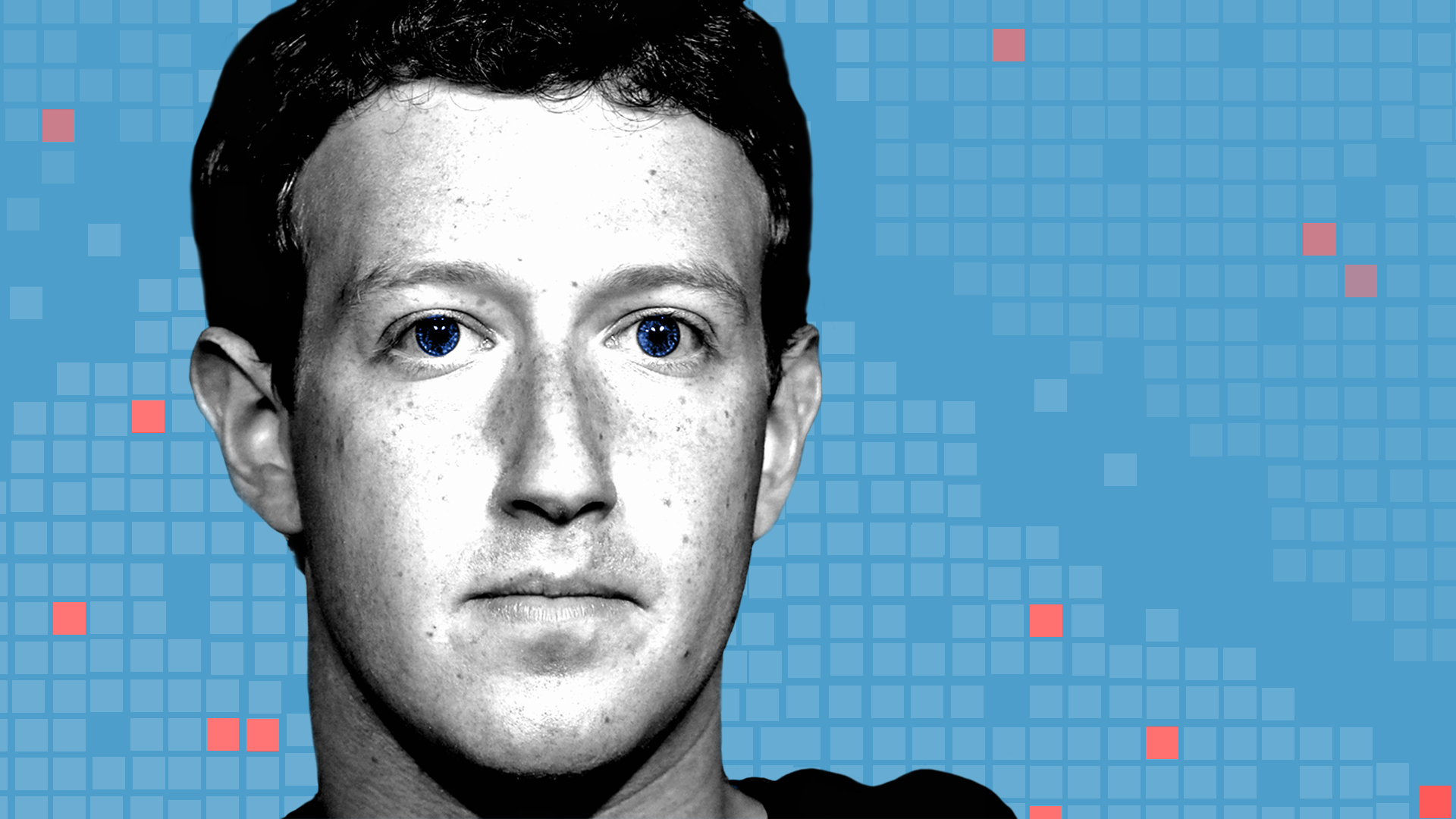Facebook to downplay politics on its platform
Add Axios as your preferred source to
see more of our stories on Google.

Photo Illustration: Sarah Grillo/Axios
Facebook CEO Mark Zuckerberg on Wednesday said the company will dial back on pushing political groups and content to users.
Why it matters: Facebook is hoping to dim intense political pressure from conservatives and liberals by backing away from arguments it’s long made that political speech is vital to free expression.
Details: On a call to investors, Zuckerberg said that the company will stop providing recommendations for users to join civic and political groups on a long-term basis.
- The company had done so temporarily leading up to the U.S. election last year. Zuckerberg said Facebook plans to extend this policy globally as well.
- Facebook also plans to take steps to reduce the amount of political content in the News Feed, although Zuckerberg didn't provide any details about how it plans to do so.
- He said users don't want politics and fighting to take over their experience on the app.
What he's saying: "There has been a trend across society that a lot of things have become politicized and politics have had a way of creeping into everything," Zuckerberg said. "A lot of the feedback we see from our community is that people don't want that in their experience."
- "We have to balance this carefully because we do have deep commitment to free expression," he added. "If people want to discuss [politics] or join those groups, they should be able to do that. But we are not serving community well to be recommending that content right now."
Be smart: Inflammatory political speech on Facebook — and the company's handling of it — has been its biggest regulatory and reputational threat for years.
- In recent months, the company has faced growing allegations from conservatives that it, along with some of its peers, intentionally censors their speech. Those claims have intensified since Facebook indefinitely suspended former President Trump following the Capitol riot.
Yes, but: It's unlikely the move will assuage critics on either side of the aisle.
- Conservatives may see the algorithmic diminishing of politics as evidence Facebook is stifling views it doesn't like.
- Liberals will likely say they're being punished for misdeeds from the far right. That complaint has been raised before, as when some tech firms paused all political donations after the Capitol riot and when Twitter dropped all political ads.
The big picture: The company has pushed to address political division on its platform by making tweaks to its algorithms to support verified news and to curb political advertising during times of political volatility.
- Facebook has also stressed that, for all the attention it gets, political content is a small sliver of the average user experience, at last count making up just 6% of what users see on the platform.
